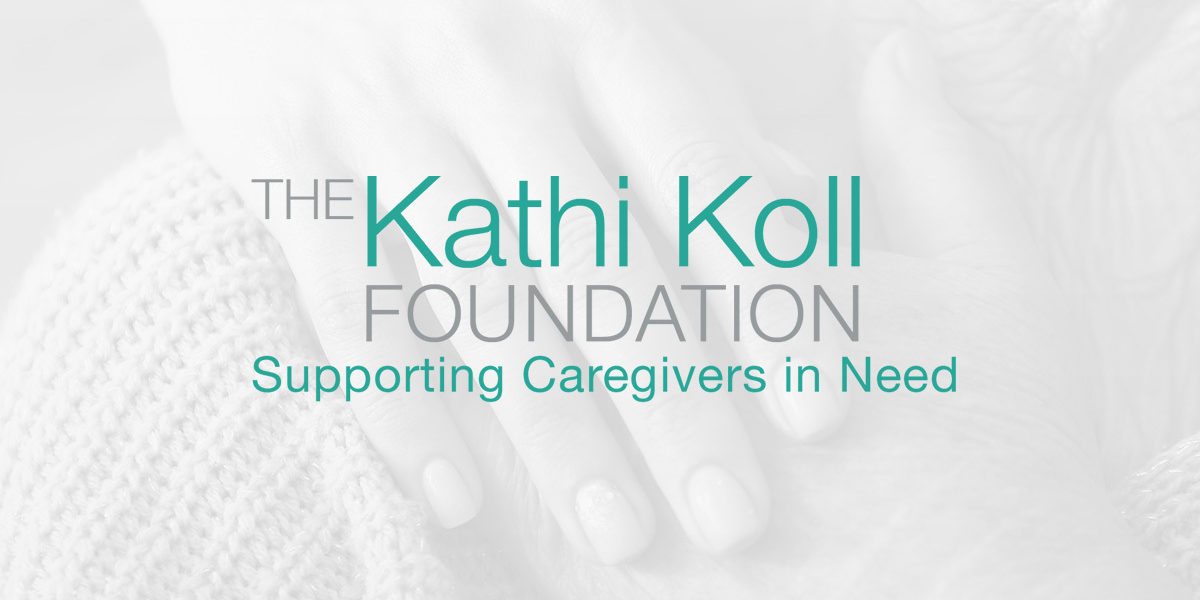Last week, I met a woman whose husband suffered a serious health incident. She was in the process of setting up long-term care options for him and shared how difficult it was to locate all of his legal and medical documents, some of which were now lost.
Unfortunately, this woman’s experience is not unusual. Many people do not plan for emergency situations only to find themselves scrambling after an incident occurs.
Being prepared is beneficial for practical purposes, but it can also help you avoid unnecessary stress in an already emotional situation.
Here are three steps you can take in advance to be prepared in case of an emergency:
1) Have Conversations Early On:
Don’t wait until after a serious incident has occurred to talk with a loved one about his or her long-term care preferences. Having these conversations early on will save you a great deal of stress should something occur.
2) Make Copies of Important Documents:
You will be surprised at how many documents you may need to set up care for a loved one. To be fully prepared, make copies of all of your loved ones’ key legal documents, including: birth certificates, social security cards, driver’s licenses, property deeds, marriage certificates, medical records and wills.
3) Know Where to Go:
You do not need to know where every medical resource is in advance of an emergency but having a working knowledge of where the best medical centers are, and where or who you can go to for advice, is important to have in advance.
Many Blessings,
Kathi Koll
To make an online donation to The Kathi Koll Foundation, please click here.


